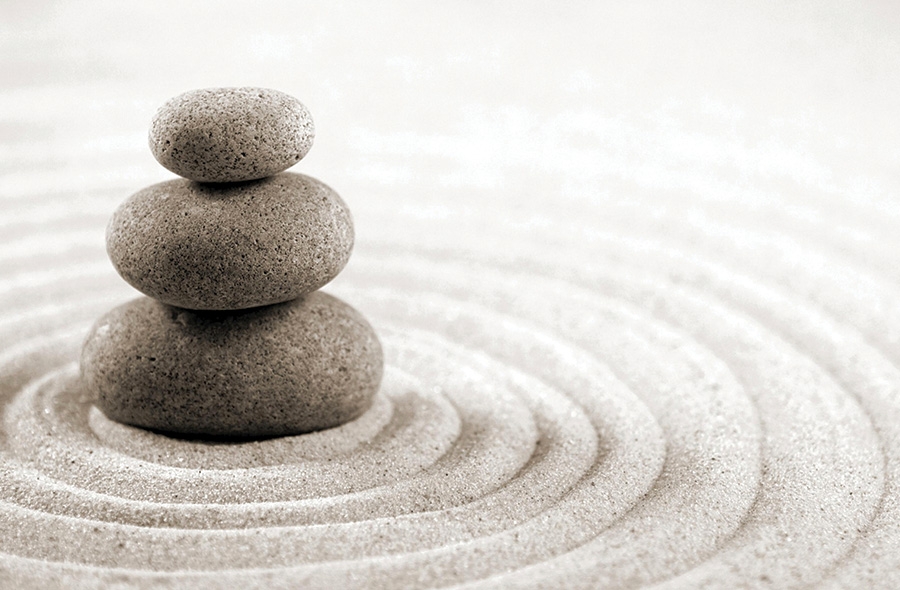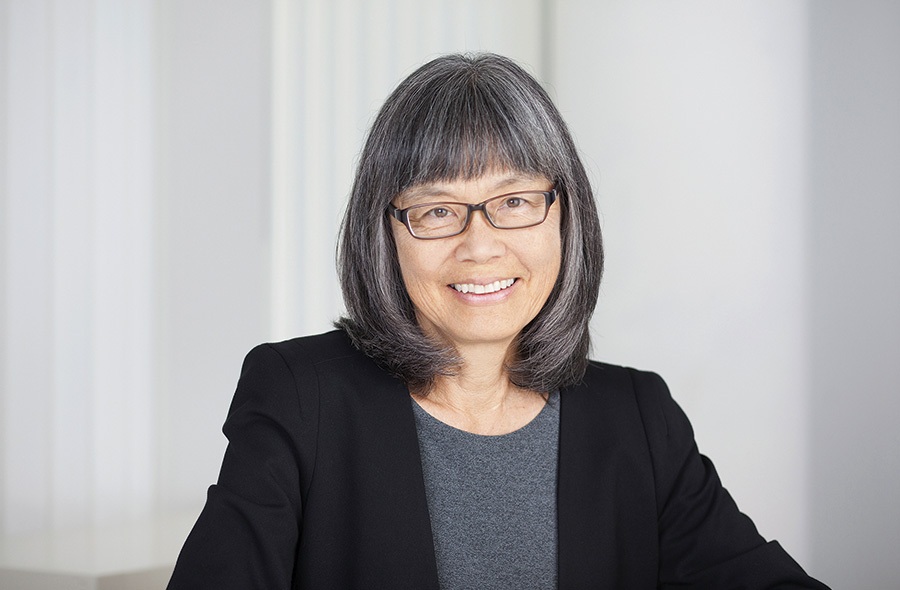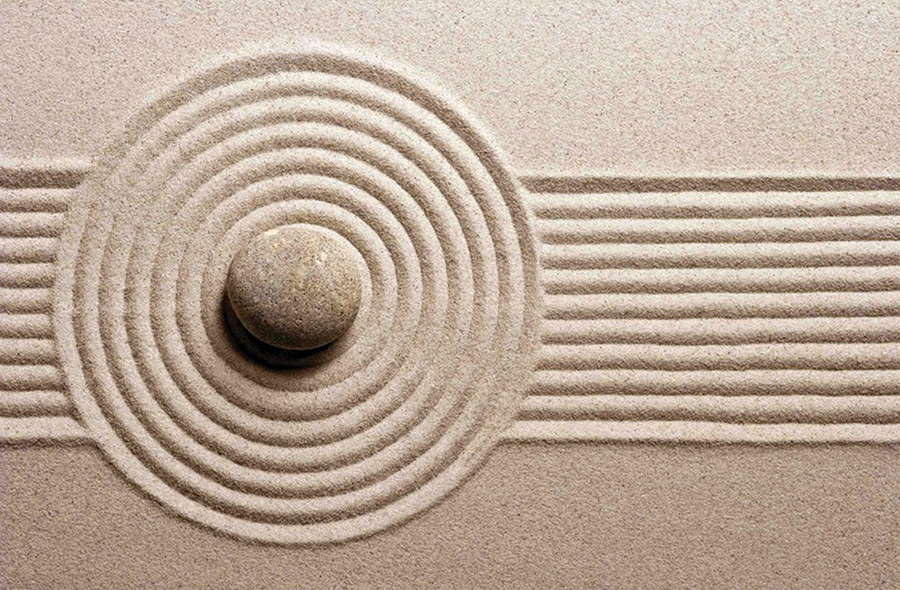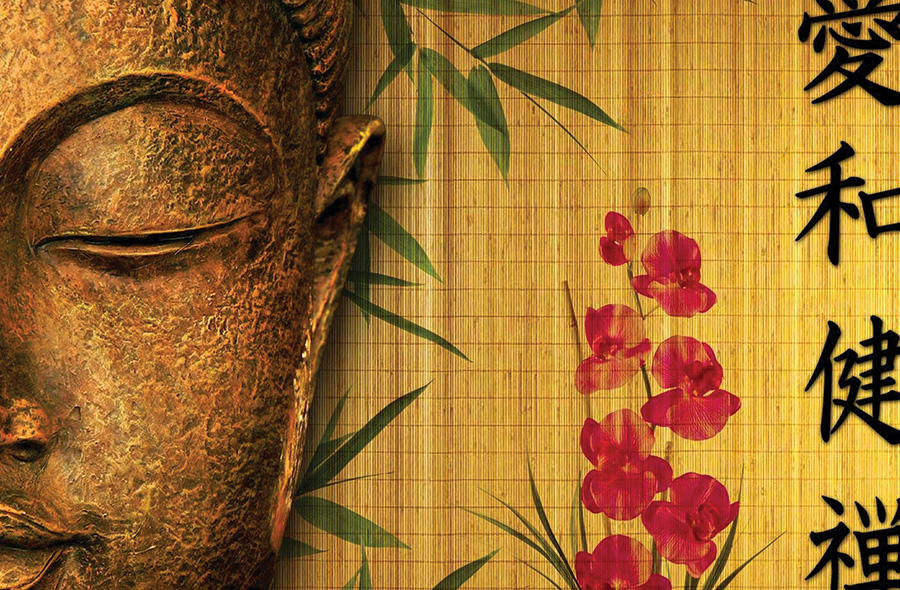
In the Kiyosaki family there are four children. I am the eldest. Tenzin, born Barbara, is second, followed by Jon and Beth.
Our parents had four children within four years, and although we share the same parents and are close in age, all four of us are very, very different people.
Our younger brother is a mechanical genius. He can fix anything. Our younger sister is a pure artist. She lives in Santa Fe, New Mexico, the land of the artistically gifted.
I was always interested in guns and money. I went to a Marine recruiter at age 14 and was told to come back later. Eight years later, I took my oath as a Marine lieutenant, went to flight school at Pensacola, Florida, then to Camp Pendleton, California for advanced guns and rockets school, and then flew in Vietnam. Returning home, I immediately went into business.
Tenzin’s life took a completely opposite path. She was always a gentle, peaceful person, which means we didn’t see eye to eye as kids. After high school, I went my way and she went hers. We both found success in life, but in very different ways. Her life’s lessons have enriched my life in ways that money and success alone do not enrich a life.
Tenzin found her calling — and her new name: Tenzin Kacho — in 1985, as a Tibetan nun ordained by the Dalai Lama and working in Los Angeles. For years, Tenzin would send the family photos of the Dalai Lama with her by his side, greeting dignitaries, political leaders and movie stars.
In 2002, she invited my wife Kim and me to L.A. to see the Dalai Lama. We had front row seats next to film stars like Sharon Stone and Richard Gere. When the program began, it was my sister Tenzin who stepped out first. She greeted the crowd and introduced His Holiness, the Dalai Lama. When the event ended, Tenzin came to get us and took us backstage for a personal audience with His Holiness. Many of the celebrities wanted time with His Holiness, but were turned away. I hate to admit this, but that day, for the first time, I had a glimpse of who my younger sister really was.
In 2012, after decades as a Buddhist nun, my sister returned her monastic vows for personal reasons and went on to become a hospice chaplain in Los Angeles. I believe we all have a calling in life, and working with the dying seems to be hers.
In a world of excess wealth as well as excess poverty, and the never-ending pursuit of money and success, Tenzin’s three lessons learned from the terminally ill are essential for us, the living. I am honored to present to you, the readers of Jetset who live rich and successful lives, the wisdom of my sister, Tenzin Kiyosaki. — RTK

Article by Tenzin Kiyosaki
Death, in many ways, is a great equalizer. Regardless of how our lives unfold, we leave this earth, as we arrived here, with little but our spirit.
Over the past six years, my work in hospice care has given me insights into the way terminally ill men and women look at death . . . and how they prepare for it. I have found that there are three regrets that people struggle with as they prepare to die and they involve forgiveness, love and leaps of faith.
As a home health hospice chaplain for a hospital in Los Angeles, California, I meet many people who have chosen to spend their last days at home. I meet patients and their families who are coping with every possible emotional, physical, relational and spiritual situation. End of life comes whether we are ready for it or not, and generally, it is not convenient. While death is inevitable for everyone, many people are not prepared for it. They may be prepared financially, but emotional preparedness is often lacking.
“What we believe of the afterlife (or lack thereof) affects our state of mind and how we treat others.”

A huge factor is denial. I see many people who are convinced that it’s just not going to happen — or that it will happen, but not until they are really old. They see death as an event in the distant future, certainly not now. Or, as something that happens to others, not them.
I remind myself, as I drive through the busy streets of Southern California, that it’s possible that I could die before the ailing patients I’m driving to see. And while my current odds are probably better than theirs, there’s no telling when my time will come. In fact, I have witnessed cases in which a loving, care-giving spouse or daughter passes away before the patient. Whether we are well or frail, have many resources or none, are young or old, there is no certainty that we will live beyond this day, this month.
And when it is our time, we can take nothing with us. We leave behind our name, our reputation, family and friends and all our possessions; we cannot, in the end, even take our body. We traverse from the physical realm to the spiritual — and even that is questioned by radical materialists. “We just become dirt,” one patient said to me. What we believe of the afterlife (or lack thereof) affects our state of mind and how we treat others.
I recall a nurse who asked me to visit a patient who was lingering, her vital signs hovering barely this side of death. She hadn’t eaten for days, yet she would not pass on. I visited her at her 1950s-style tract home, a home she never remodeled. Years earlier, she had demanded that her only son move to the garage, and then, years later, that he leave the home completely. When we tried to inform him of his mother’s failing condition, we couldn’t locate him.
I sat with her and quietly whispered to her to help her relax and understand what was happening, saying to her, “Do not be afraid; just relax as best you can. Your vital signs are showing that you are coming close to death.” I looked for other soothing words: “End of life is something we all face. This is a normal part of our life. Rejoice in your life, don’t worry.” The woman barely stirred, and then hissed angrily between her dry lips, “It’s all mine, it’s all mine.” These were her only words and she died a few days later. I asked myself: What did she think she could take with her?
In sharp contrast was a visit I made to another woman whose home was near the ocean. I pulled into their sweeping circular driveway and parked. Knocking on the grand entry doors, I was greeted by beautiful teenage grandchildren who ushered me in. The patient’s husband met me and as we walked toward her bedroom, he showed me her beautiful works of art and said she had a studio at the back of the home and had presented at galleries. In the patient’s bedroom was a large sitting area around a fireplace for family to gather and ocean waves could be seen rolling in to shore from the large, low windows. The patient was lying in bed, awake and alert, ready for my visit. She and the family knew she had little time left and I asked her, “How are you facing this?” She shrugged her shoulders and replied: “I’m on to my next adventure.” I thought to myself, I hope to always remember this moment.
Here was a woman with a loving family, everything anyone could want, a successful career as an artist, and she was facing end of life with acceptance and tenacity. I sense that when we have lived our lives fully — accomplished and lived our aspirations and dreams — and our time comes, we are perhaps more ready than someone who never ventured forth. If we allow ourselves to regularly consider that we don’t know when death will come, but that it will most certainly come, that thought can help us keep our priorities in order and to act on them.

Over the years, three regrets have consistently surfaced as I’ve worked with patients and families.
The first regret is, did I forgive? Have I let go of old hurts, grievances and upsets with others: parents, spouse, children, siblings, partners, co-workers or neighbors? Sometimes we carry these burdens in our heart for decades, keeping others at arm’s length. Our communications are clipped, terse, sometimes dismissive or demeaning. The other person may have moved on or may not even have realized we were carrying such grief. It is our burden, not theirs. And sometimes our life may be so great in all other areas that we forget we have that unspoken communication pressed off to the far edges of our memory until something triggers it all over again.
Have you forgiven yourself? For things you have done or not done, said or not said? Forgiveness can clear this baggage that often weighs so heavily in our hearts. It helps now, and at life’s end, if our hearts can be clear, more ready to face what is ahead.
Secondly, who can you say “I love you” to? When I suggest this to patients and families, I often hear, “Oh, they already know that, I don’t have to say anything.” Or, “It’s understood.” But to look into someone’s eyes, to hold their hands, to communicate your “I love you” with body, speech, and mind directly to them… well, you will get the message and know how that feels.
“When I faced cancer and heart disease, I realized for the first time that money — or the lack of it — affected not only the quality of life, but life itself.”
Close your eyes for a moment and think of a time you felt completely loved. What image or recollection comes to mind? Who were you with? What happened? It could have been a look, an action, a touch, a thought; but you felt loved. Go back to that feeling and let that love flood completely through you, washing through your body and mind. Let it fill you with confidence and courage, with love to go on and to face whatever is ahead in your life. Share your joy, your love, your freedom . . . so others may be filled with joy, as well.
The third regret is when we have not taken that “leap of faith” into whatever it is you know in your heart that you need to do. Ideally, we should consider this sooner rather than later, when we have the capacity to do what will fulfill us and those around us. And while we may have made major strides in our lives and taken on extraordinary challenges, is there still a particular journey to take for heart and soul? Look deeply… and ask: Am I truly content or simply complacent?
Our lives are longer and our opportunities greater than those of our ancestors 100 years ago. We may make and experience many life changes, but — inevitably — one day it will end. Is your heart wishing to burst out to explore and communicate more deeply? Are you using your life lovingly and well so that when you know your time is up, when death is near, you can be content and at peace to leave this life?
We each can create a tremendous amount of joy… now. Challenge yourself to do wonderful things with your remarkable life!

